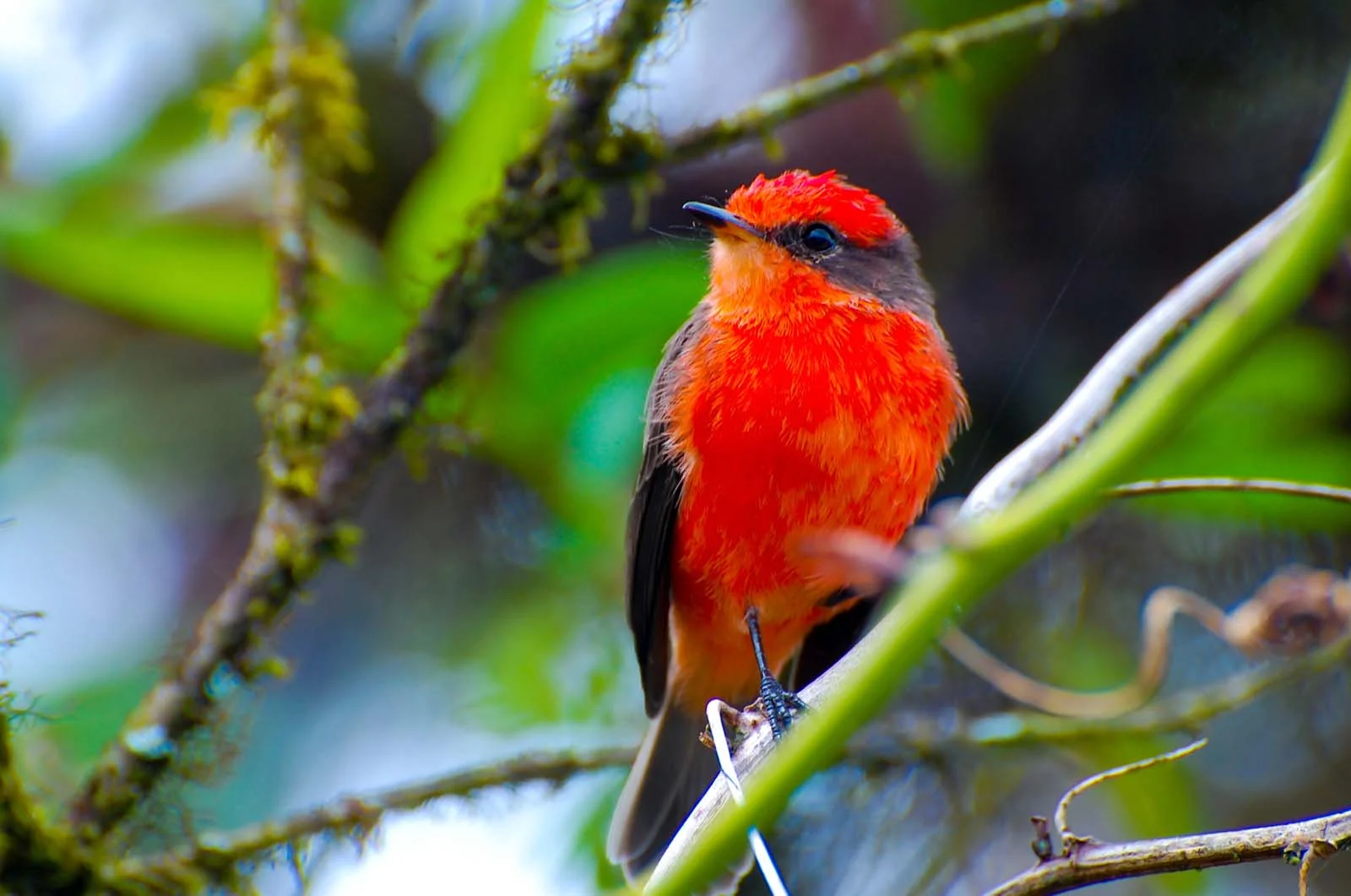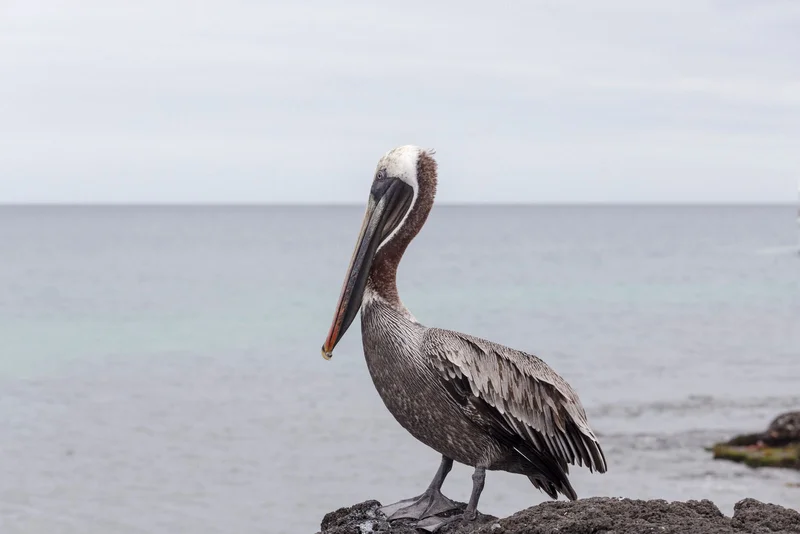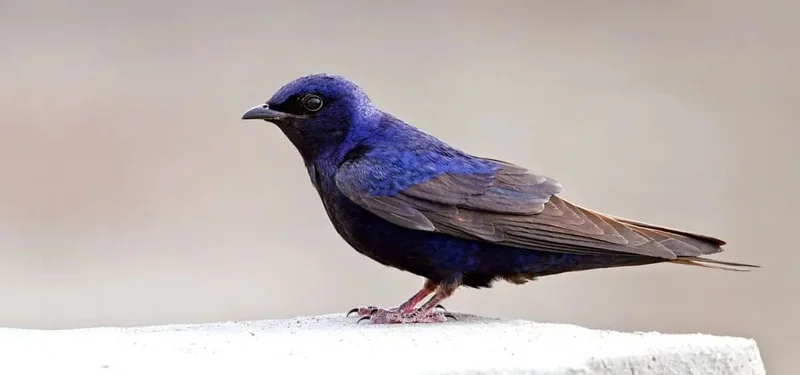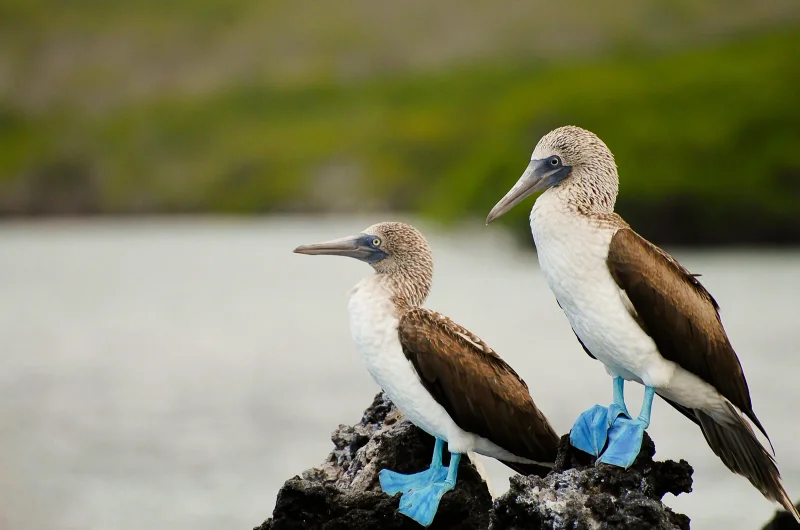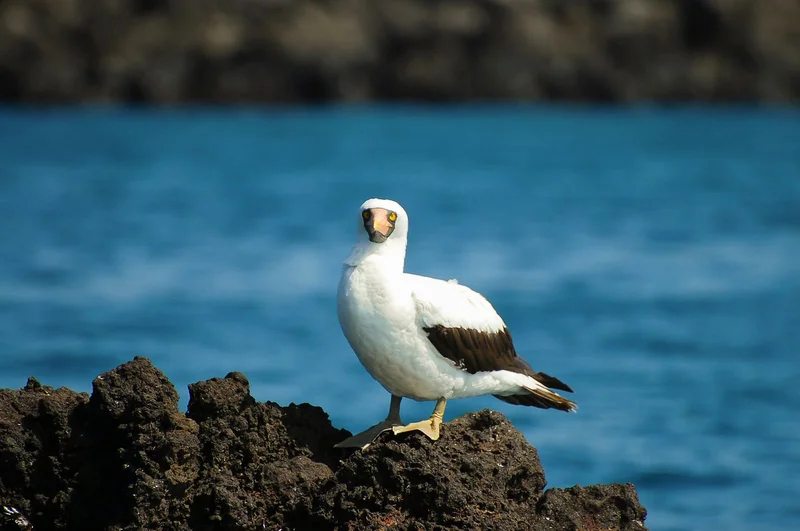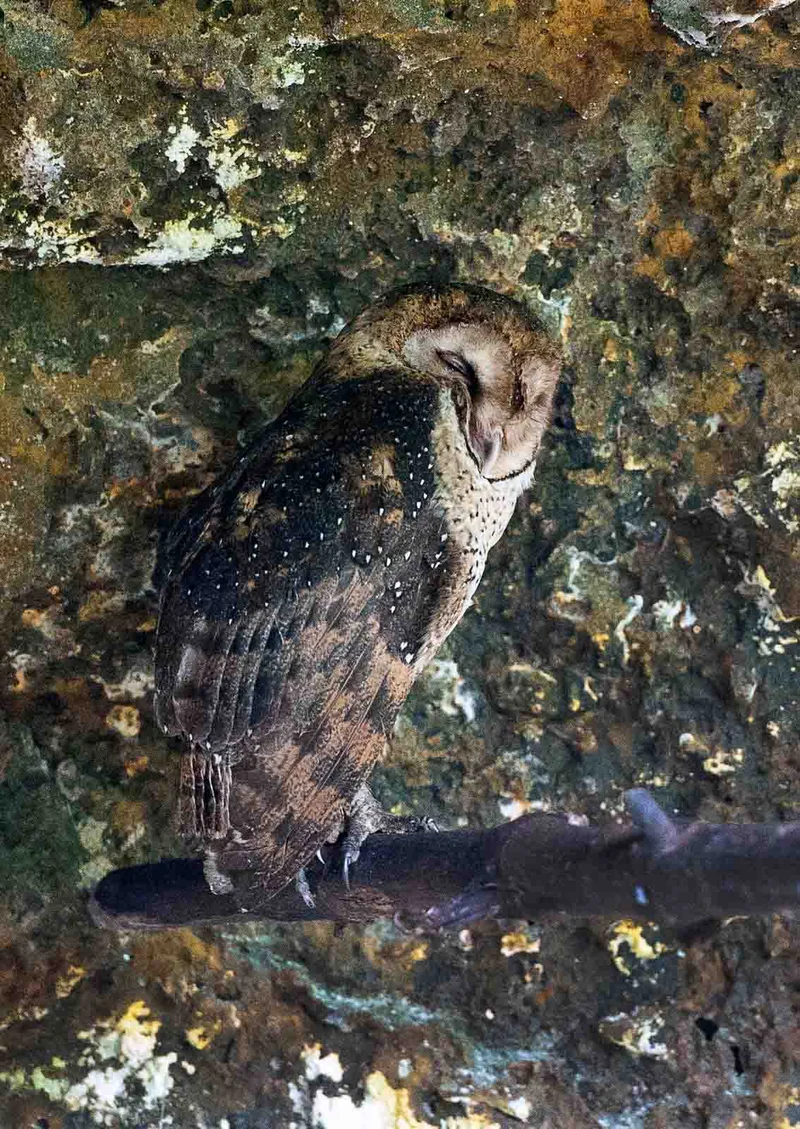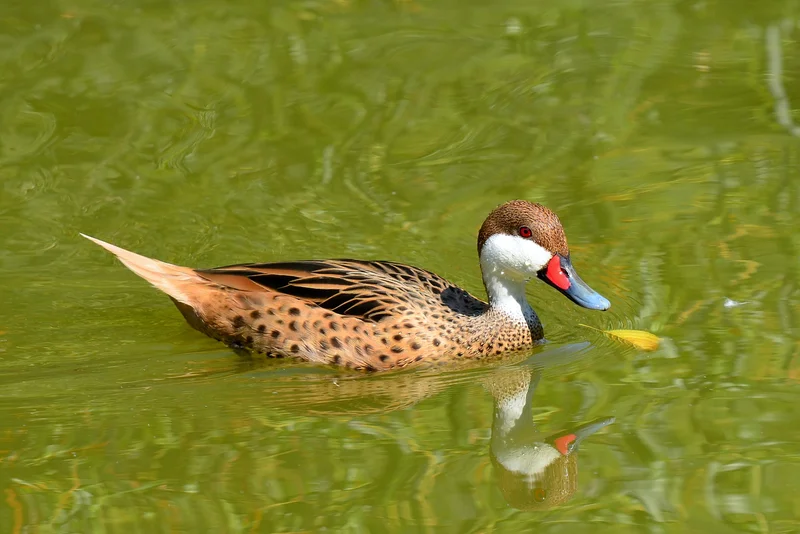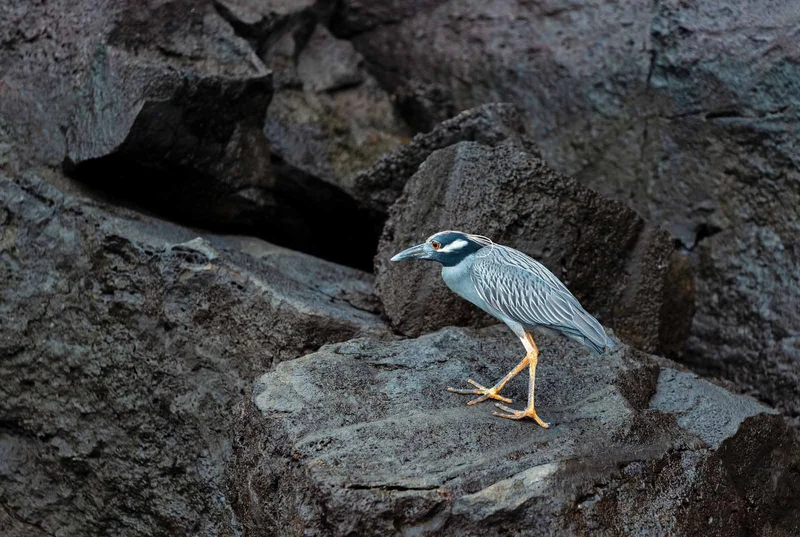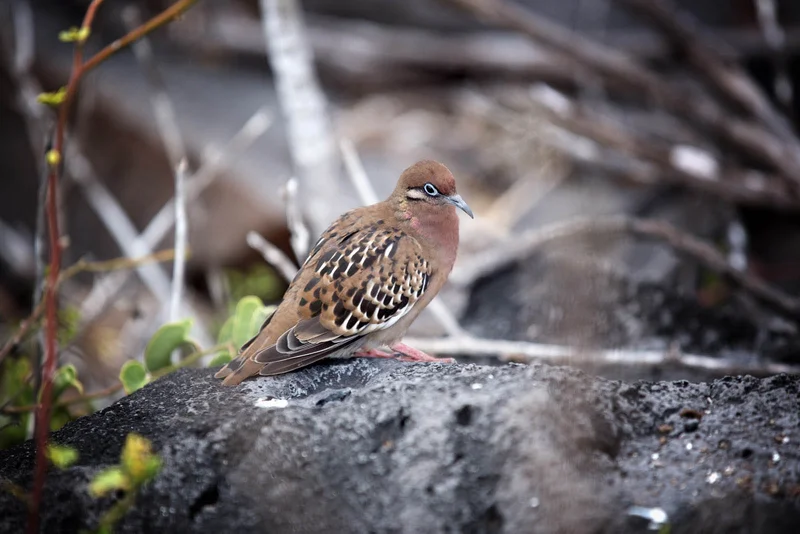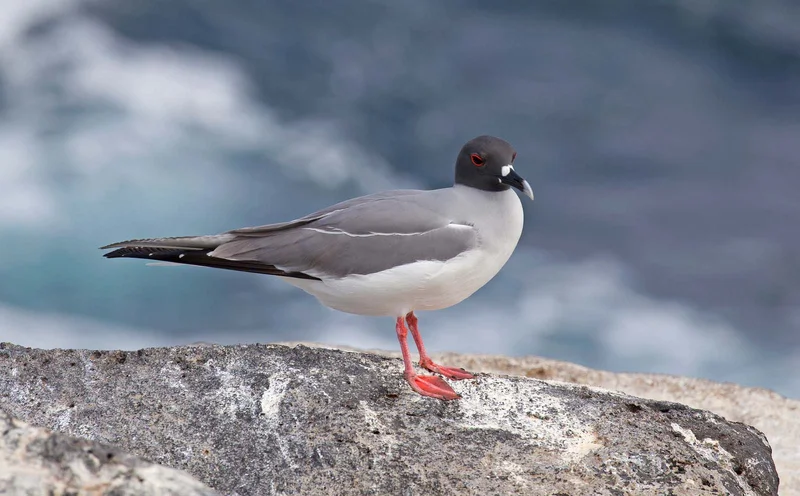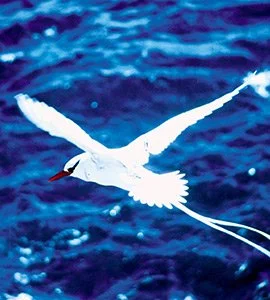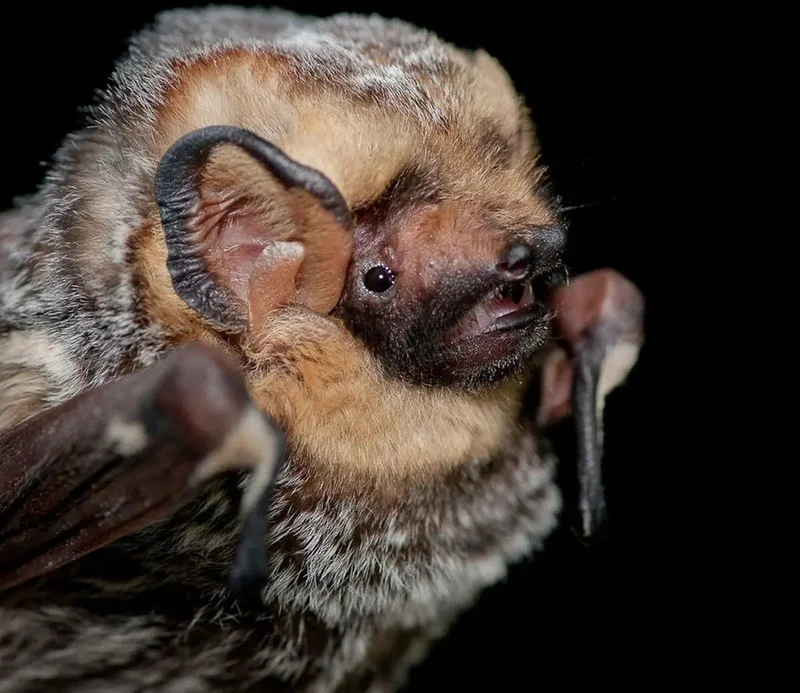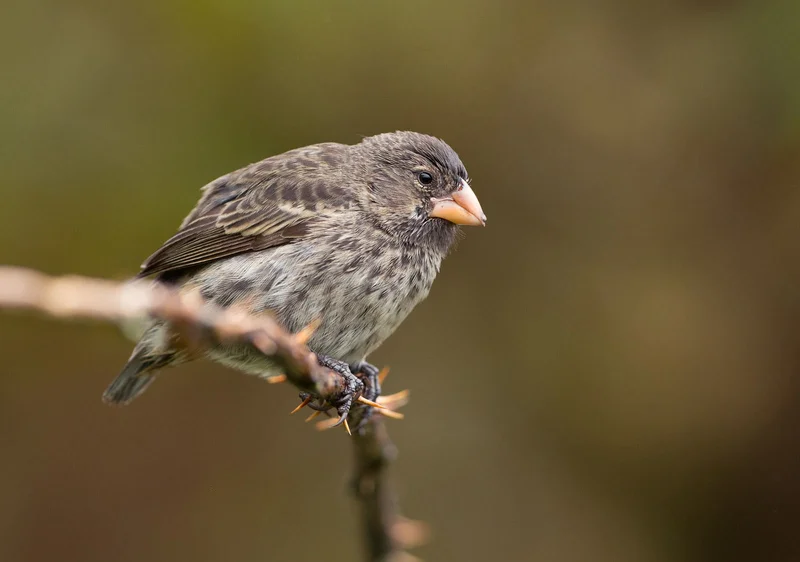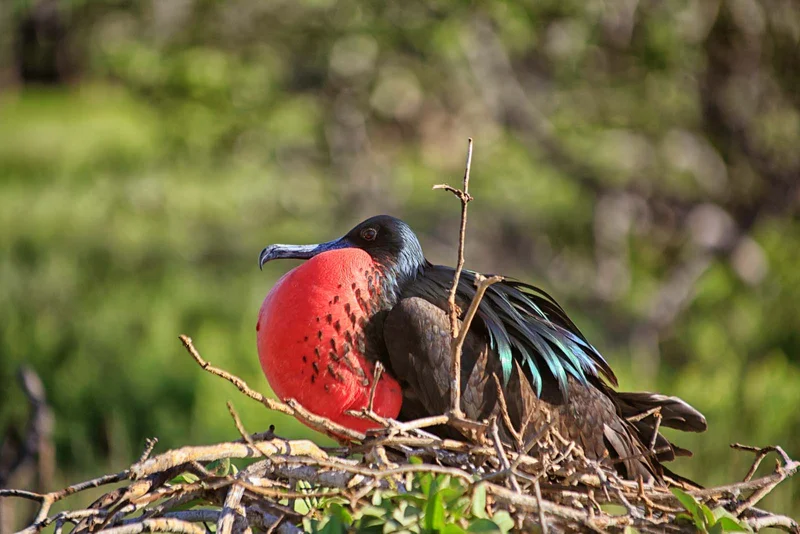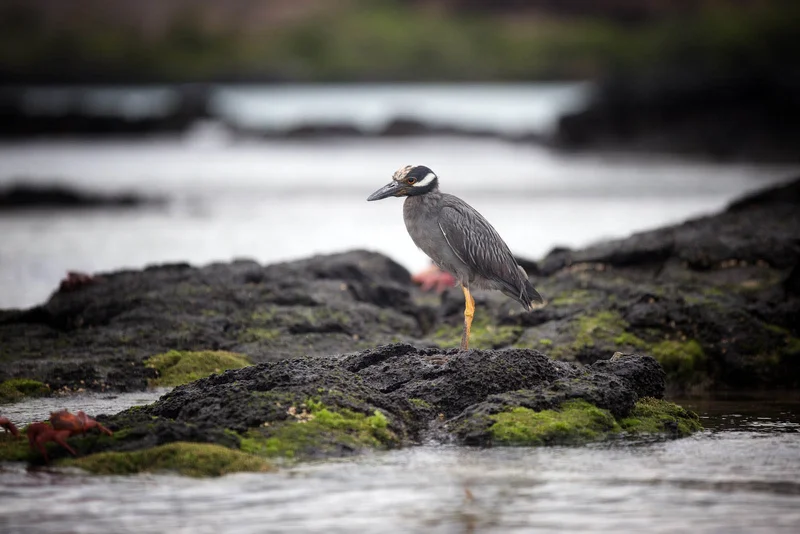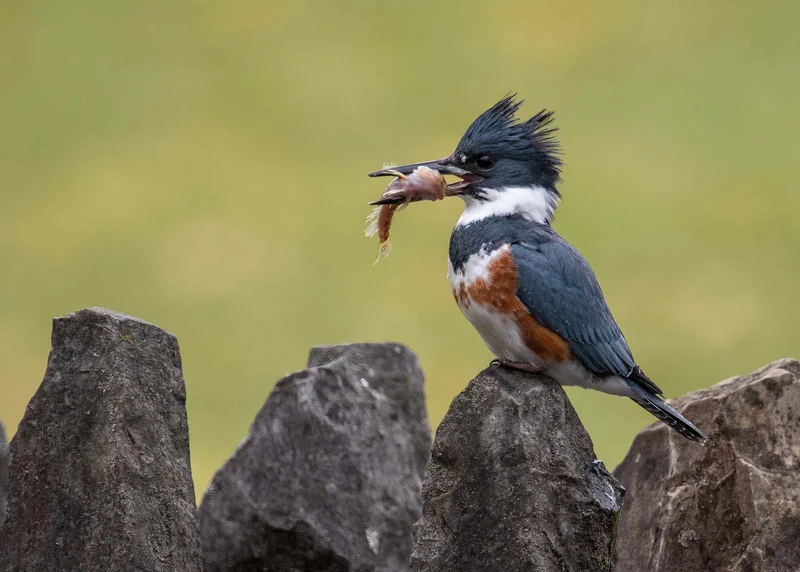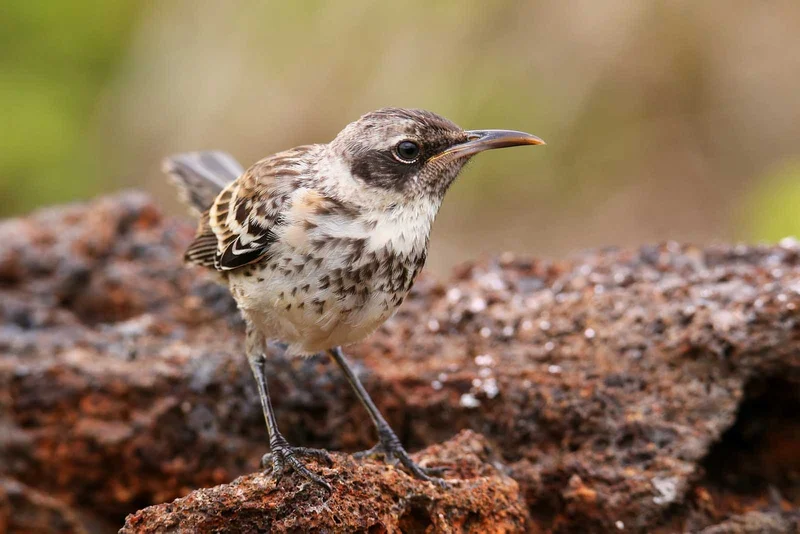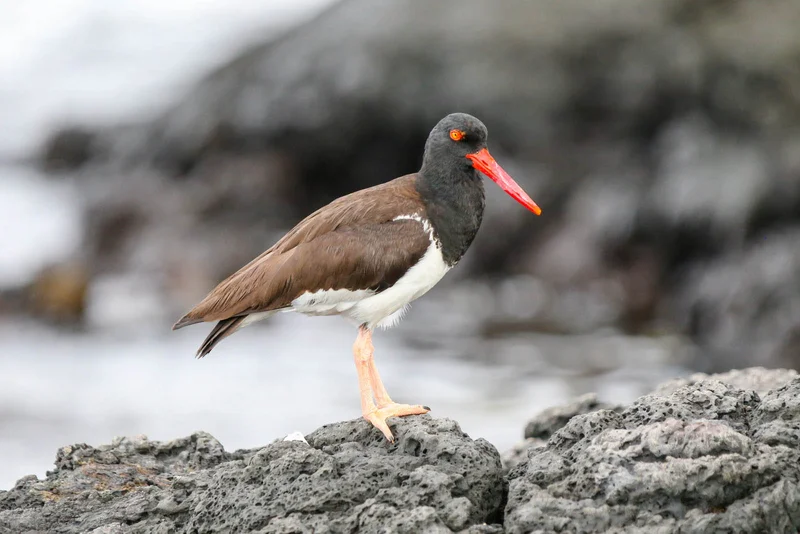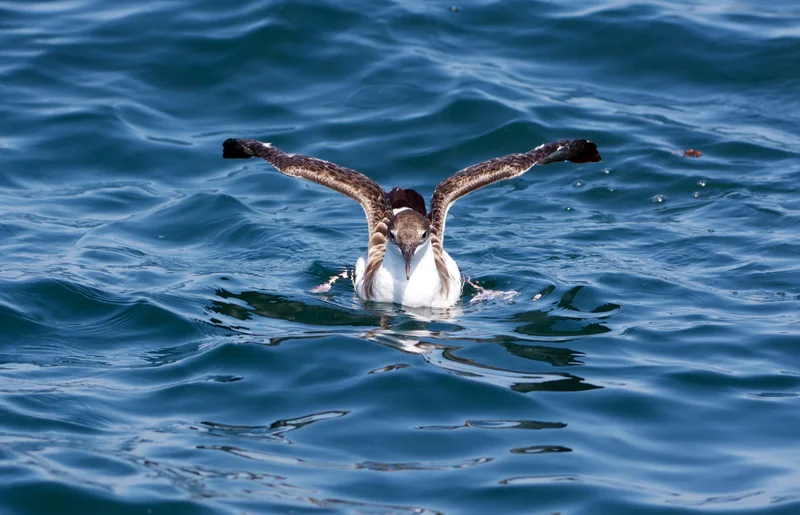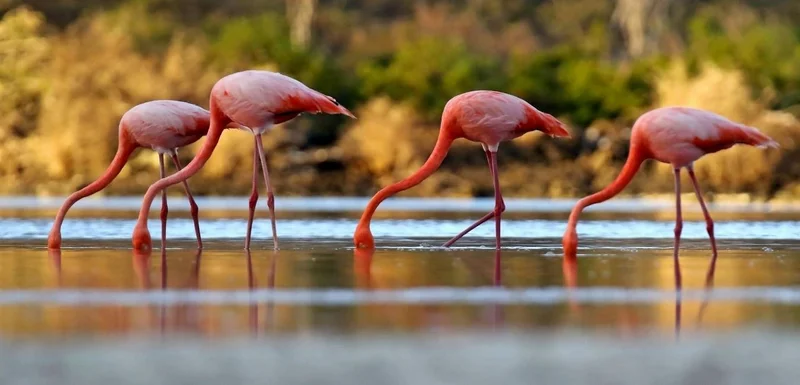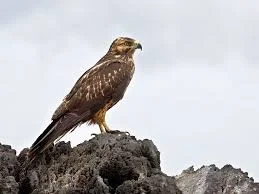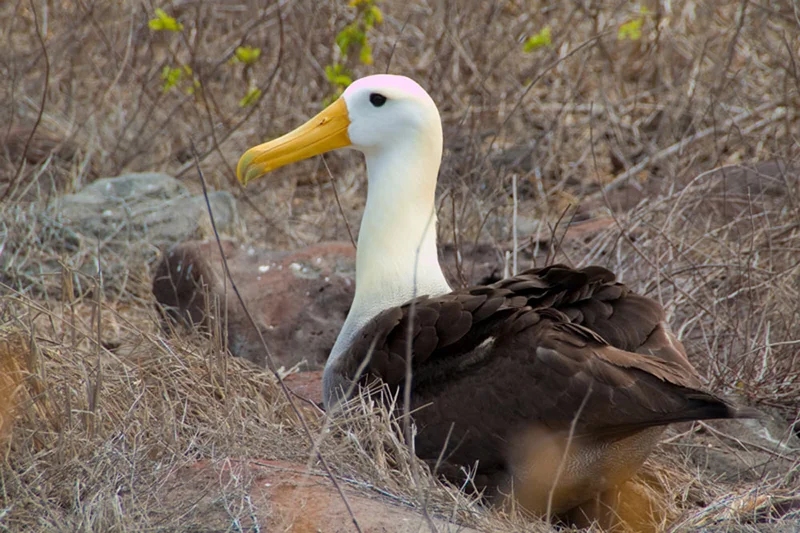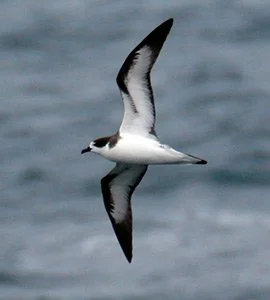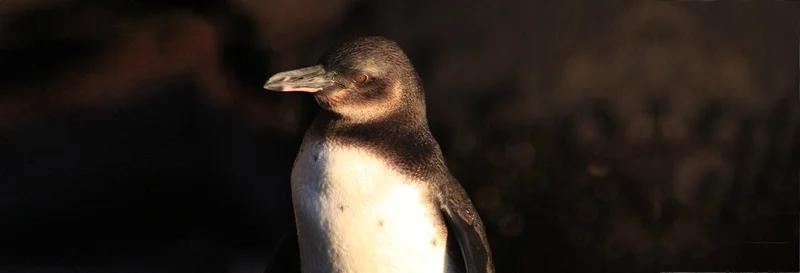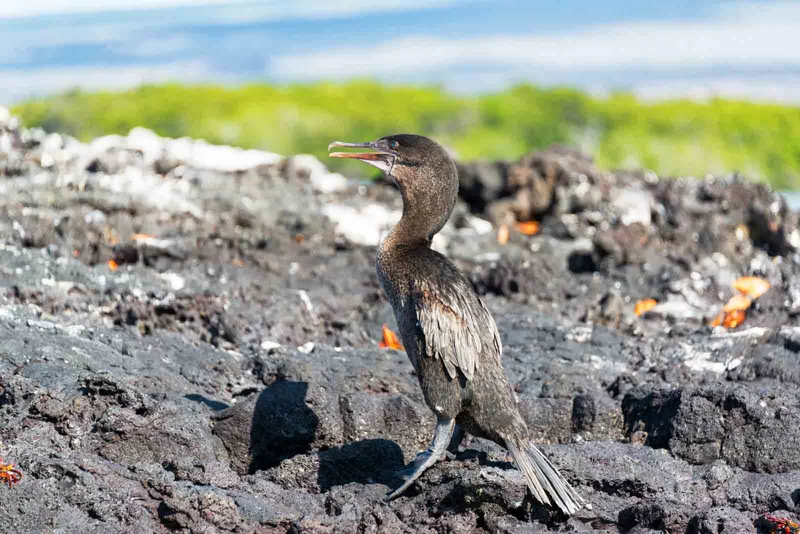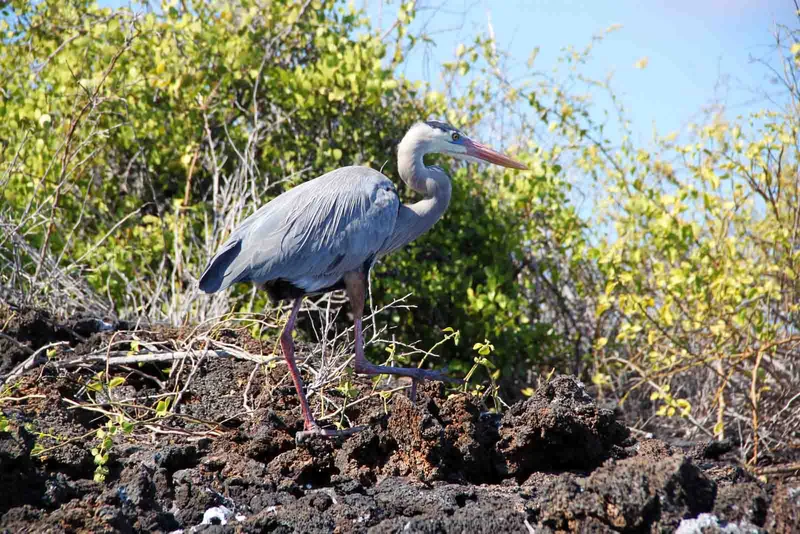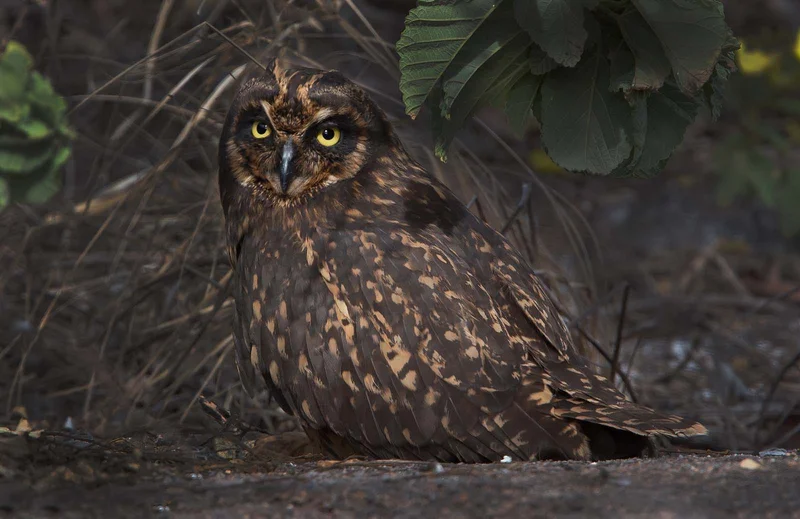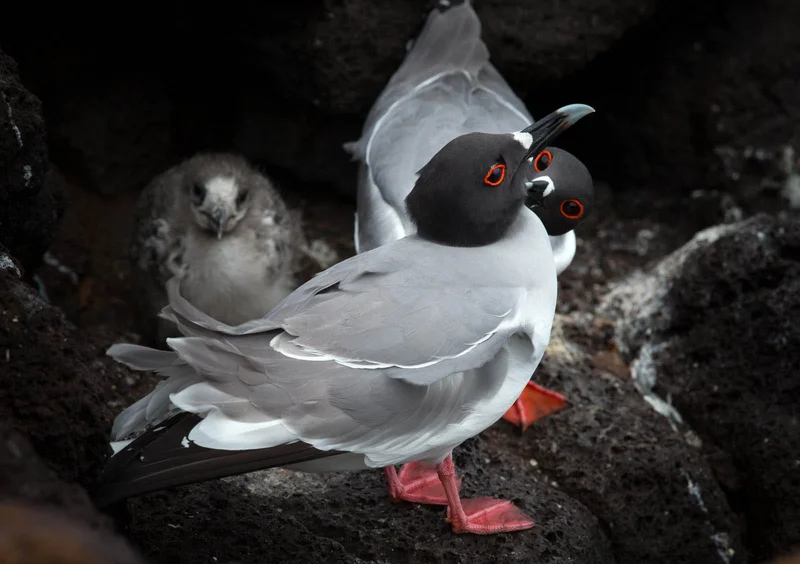Essential Information on the Vermilion Flycatcher
A key attraction for bird watchers worldwide, the Galápagos Vermilion Flycatcher is a striking and easily identifiable bird. In the Galápagos, there are actually two species: Darwin’s Vermilion Flycatcher, found across several islands, and the San Cristobal Flycatcher, which is exclusive to the island it’s named after.
The Vermilion Flycatchers in the Galápagos have sparked debate among scientists regarding whether they represent separate species or are simply subspecies of the Vermilion Flycatchers found in South America. Currently, the prevailing view supports the notion that the Galápagos Vermilion Flycatchers are a distinct species.
These nimble and swift little birds live up to their name—males feature a vivid red chest and head, complemented by a distinctive black “mask” and black upper body feathers. Females, in contrast, are more subdued with brown upper parts and yellow underparts.
Vermilion Flycatchers typically perch and wait for insects to approach before making a swift flight to capture them. They feed primarily on flying insects and beetles, preferring to catch prey in mid-air rather than on the ground. In the Galápagos, witnessing the male’s bright red flash while catching prey is a spectacular experience, and capturing a Vermilion Flycatcher on camera is a highlight for any birdwatching trip.
The best time to see the Vermilion Flycatcher in the Galápagos is during the breeding season, from December to May, when insect populations are high. Recently, their numbers have been declining due to habitat changes caused by human activity and the presence of introduced species, including a parasitic fly. The expert naturalist guides will ensure you explore a variety of habitats on your land excursions, including the Scalesia forests where these beautiful birds are commonly found.
